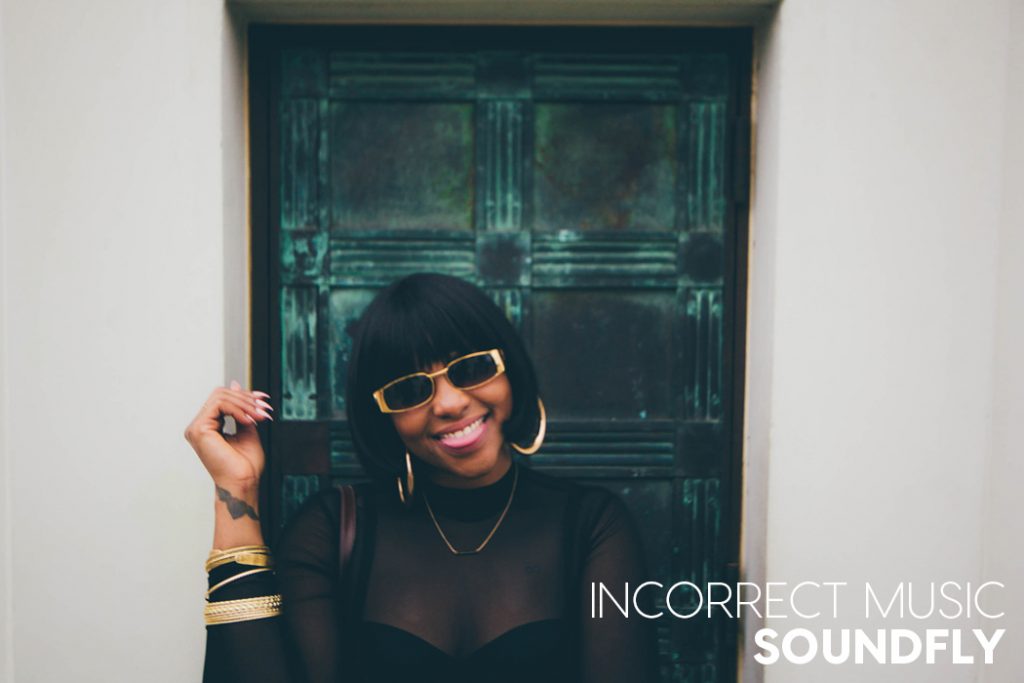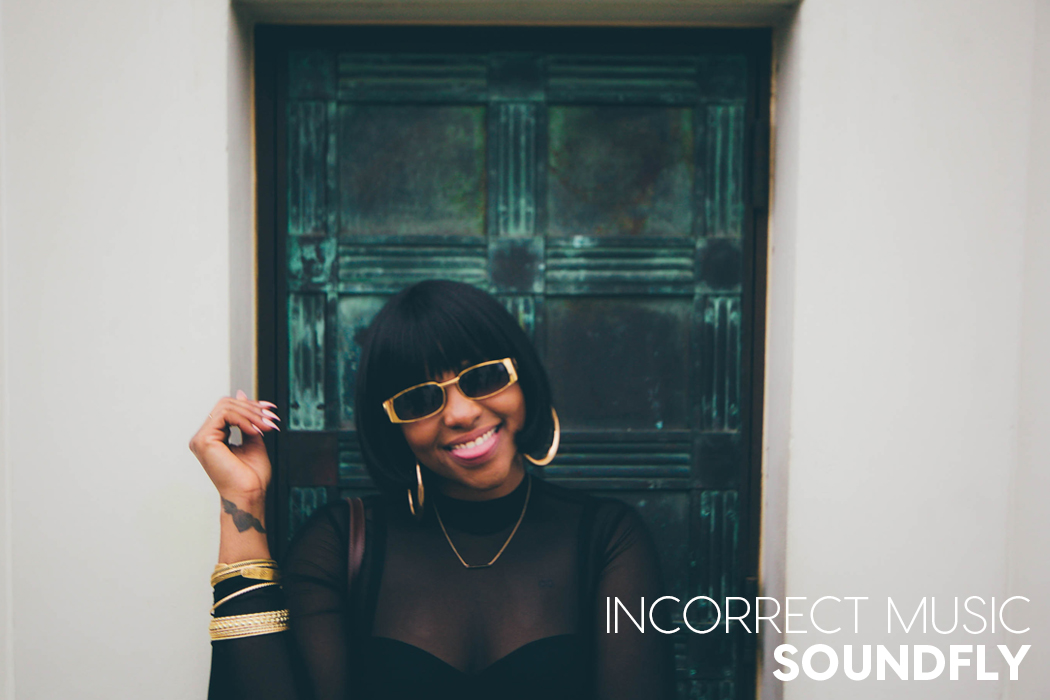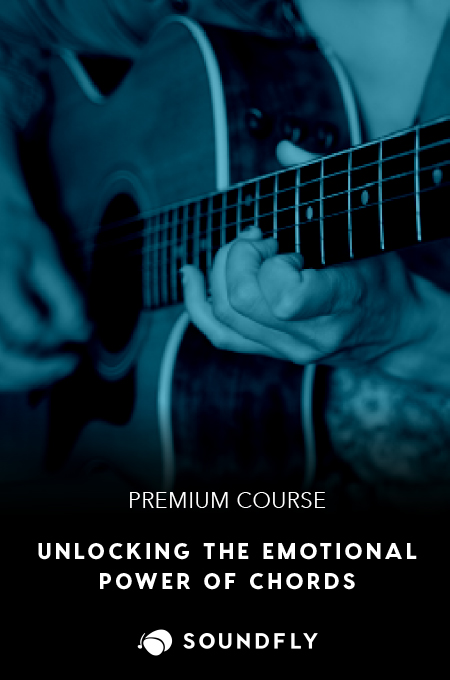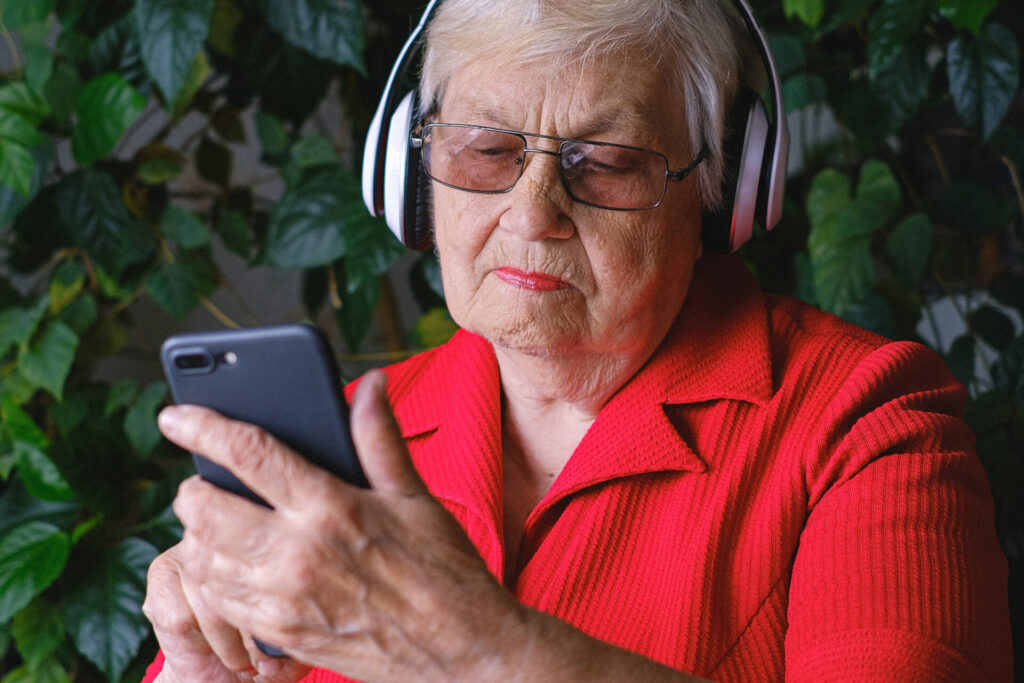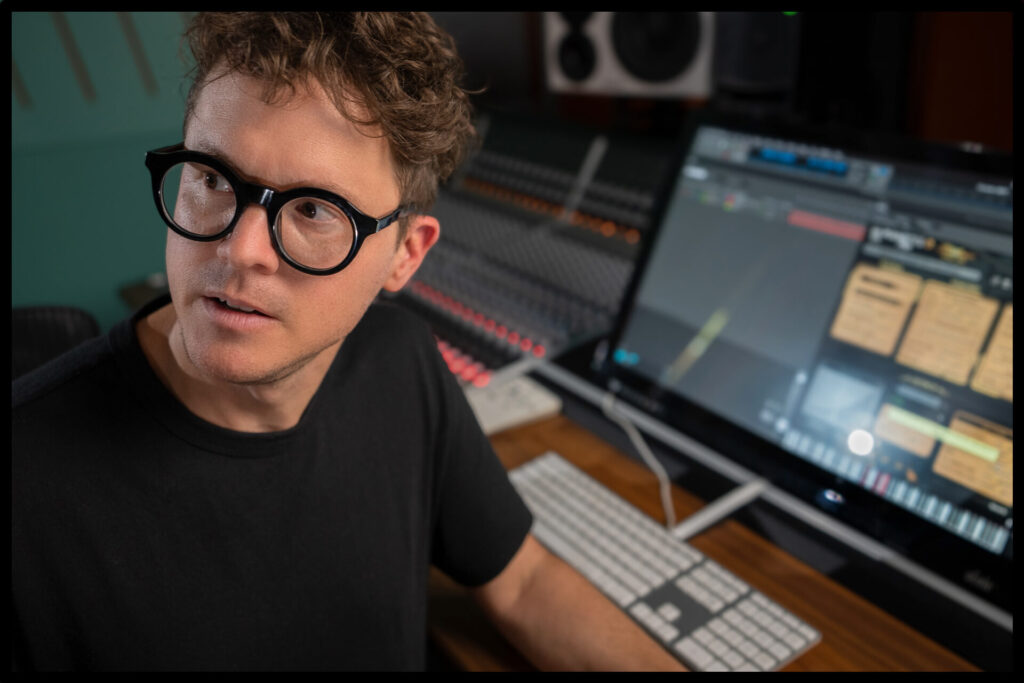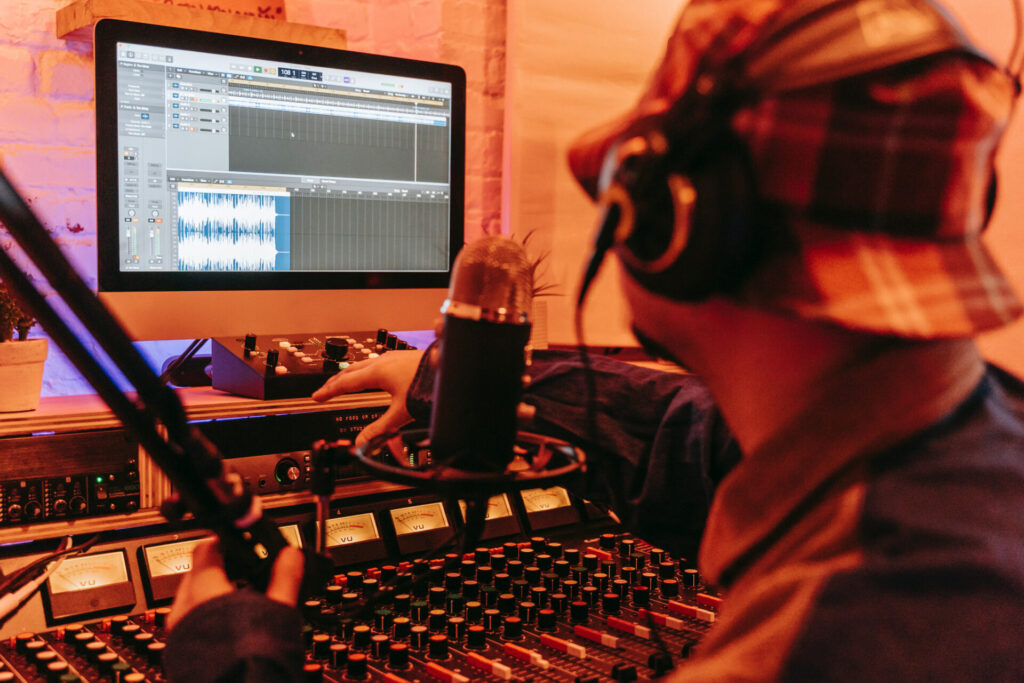Welcome back to Soundfly’s weekly interview series, Incorrect Music, curated by guitarist, singer, and composer Lora-Faye Åshuvud (of the band Arthur Moon). In this series, we present intimate conversations with artists who are striving to push the boundaries of their process and craft.
Brooklyn’s Latasha Alcindor is a prolific hip-hop, performance, and visual artist who released two full-length albums this year: B(LA)K and Teen Nite at Empire. Both albums are letters to Brooklyn — distinct reflections of her experience growing up in Flatbush in the 1990s, and of living, now, in a very different Brooklyn. The music is equal parts playful and intricate, often grappling with the narrative form, and always incisive and critical.
Alcindor’s answer when she was asked by our interviewer, RE, how she relates to the idea of “incorrect music” really struck me. She starts off by pointing to her lack of loyalty to traditional song structure, which I definitely hear in her work, but then she bookends the thought with something that’s been resonating with me for days — she calls this refusal to adhere to song form: “feminine energy at her finest.”
I love the association of the beautifully “incorrect” with Alcindor’s core of feminine energy. I hear it as the energy of joyful resistance, the energy of bringing (as she calls it) “lyte” (#LAlytes) to the cracks in the walls of institutions of oppression, be they the institutions of music or the institutions of colonialism in Brooklyn. From her 2016 single “Headraps:”
“Even if I make my ass clap, it’s the politics.”
Latasha Alcindor’s newest mixtape, Teen Night at Empire, is out now.
– Lora-Faye Åshuvud
Interview by RE Katz
From B(LA)K up through Teen Nite at Empire, you’re talking about the gentrification of Brooklyn by saying here’s what was here and here’s a personal emotional landscape of what it’s like to watch this place change. What do you think hip-hop can do to illuminate personal-political spaces in this way?
I think hip-hop is illuminating personal political spaces naturally, overtly, and implicitly. Hip-hop is, in my opinion, a news broadcaster of our times, as well as a storyteller. Politics are the activities that speak of the governance of the people. Rappers from trap to traditional boom bap are speaking on our politics even when we say we are burning this down for the homies. It may not be the theoretical understanding of government but more so governance in ourselves.
I also believe in autonomy, but that’s another story. Our work is social theory at its finest.
How do you think your songs work as storytelling, and how do you want your fans to relate to these stories?
I don’t know if my music is storytelling, alone. However, if defined as such I would hope it can cultivate a better understanding of the buried or invisible stories of the classified or marginalized and help all people resonate for a betterment of the world through honesty.
What’s remarkable about your recorded work is your willingness to put personal artifacts and sound bytes that inform your work right into the mix but not as typical samples. How did you make the decision to embed Nina Simone’s words or “Sherilka’s Voicemail” in your tracks? What is that process like?
I walk around with my recorder ready to record at all times. So, when I hear something that connects with my spirit, I just record it. I have about 2000+ sound bytes on deck and usually after the process of making a song or album, I realize where the bytes belong. It’s really like completing a puzzle.
As your fanbase and production capabilities both expand, how would you like to include more of your visual work, film, and other media in your performance?
Thus far, I’ve utilized a lot of visual storytelling in my full one-women performance memoirs, like my current piece “All A Dream.” With the help of my visual fam, The Ren Revolution, currently the visuals encapsulate the audience into my surroundings in a dream-like way. Very Alice in Wonderland meets Brooklyn. I hope to continue to grow that imagery as I continue to push out new albums. It’s important for me that my upcoming visuals flip the world on its head.
“I would hope [my music] can cultivate a better understanding of the buried or invisible stories of the classified or marginalized and help all people resonate for a betterment of the world through honesty.”
In your song, “B.C.”, you say, “started as a poet but the raps pull the trigger.” How has poetry and spoken word influenced your work? Who are some of your go-to poets when you’re having a bad day?
I started out as a poet, therefore, it’s innately embedded in my raps. Even when I try to escape it, the metaphysical worlds that poetry forwards is all over my projects. So I embrace it.
As for poets, T.S. Eliot, Patti Smith, Gil Scott-Heron, Camonghne Felix, amongst many others, have really influenced my craft.
I’m sure you hear from fans and journalists all the time what they think the most emotional and meaningful bits of your album are, but for you, what track, hook, or lines are at the true emotional heart of Teen Nite at Empire?
The true heart of Teen Nite is “Sherilka’s Voicemail” and “Practice on the Q Train” for me. Sherilka is my cousin/best friend who has had a crazy journey, and she really symbolizes my memories of childhood. “Practice on the Q Train” is so vivid — it brings you into my mind and into my eye.
You’ve said before that your flow and delivery are intentional throwbacks to the music you would hear at Empire Roller Skating Center in Crown Heights — was there a moment back at Empire when you knew you wanted to make music? Can you remember when you first thought about being a rapper? Did you have a moment like that at Empire?
Nope, haha! At Empire, I never thought about being a rapper at all. I remember dressing up and acting like TLC though. The first moment I realized I was a rapper was way after college during an impromptu cypher where I realized, “Oh wow, I’m pretty good!”
At Soundfly, we love to use the term “Incorrect Music” to describe the things an artist does that go against people’s assumptions, or even their own instincts, but which yield exciting and unique results. What about your music might you consider to be “incorrect”?
Well, I think my freedom to not be confined to what people consider “regular song structure” is my incorrect music. Sometimes I will rap for eons, on and on, and purposefully because… I feel like it.
Feminine energy at her finest.
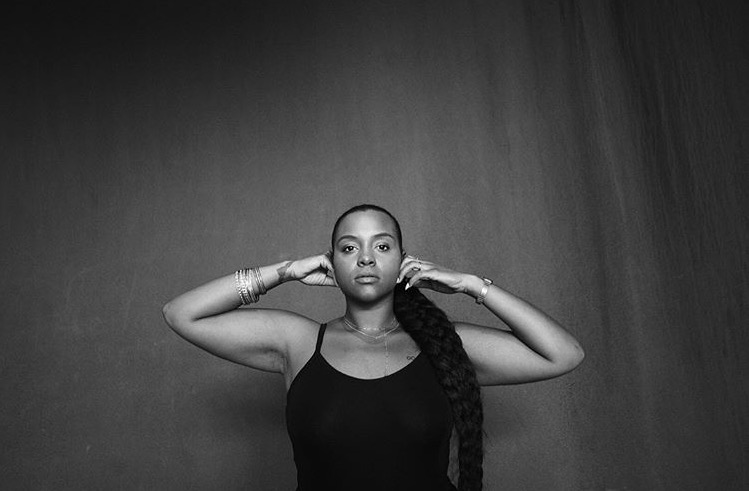
You’ve talked a lot about your influences in the music industry, but who do you look to for your unique personal and artistic style? Who are you into right now?
I look to myself. I look to the world. I’m influenced by everything, but I don’t really have any huge influences. I pretty much just listen to my inner being and go in. I am into a lot of my peers right now, like Duendita, Tokunbo, Riley Writtens, Lafayette Stokley, Bae Bro, Norvis Junior, Sammus, and more. Always got love for the TDE camp, too.
How has being able to connect directly with your fans on social media affected your work? What are some tweets or comments that have really stuck with you?
Connecting with my fans directly means a lot, but sometimes I gotta run away because I want to talk with all of them! The comments that stuck with me the most are when women of color feel empowered to go off and do their best work through my music. I also love when people send me videos rapping to the songs. It’s really so encouraging and inspiring because I am a DIY artist, and this all happens through community and love. They are like family.
What do you want your music to say to young women of color starting out in the music industry or in hip-hop specifically, or even just sitting at home making beats and writing verses?
I want the music to say, “Be true and do you.”
What advice would you give to someone just starting out?
You are beyond what you think you are. Live what you love. Love what you live.
Want to get all of Soundfly’s premium online courses for a low monthly cost?
Subscribe to get unlimited access to all of our course content, an invitation to join our members-only Slack community forum, exclusive perks from partner brands, and massive discounts on personalized mentor sessions for guided learning. Learn what you want, whenever you want, with total freedom.
—
RE Katz exhibited Boywitch Codex: Hypertexts as Artist in Residence at Dreamland Arts in Buffalo, NY in February 2017. Katz is interested in personal fashion, antifascist witchcraft, and television.
